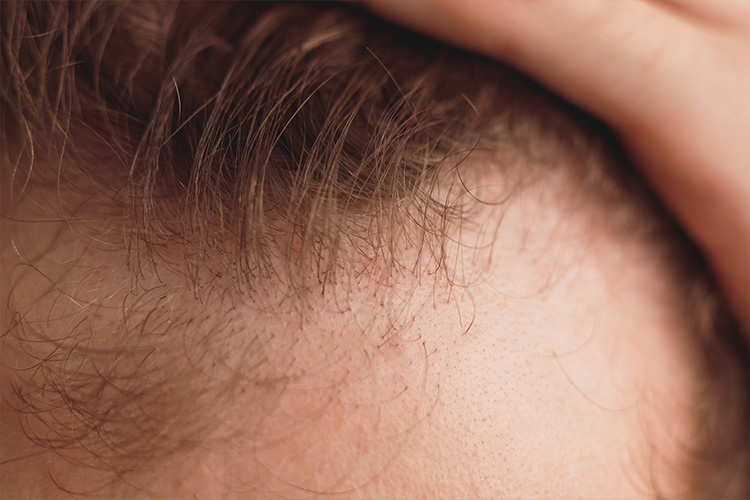- Kartaltepe Mahallesi İncirli Caddesi Limon Çiçeği Sokak No: 1 34145 Bakırköy İstanbul
- +90 541 548 52 47

When Should You Consider Hair Transplantation? A Comprehensive Guide to Determining the Ideal Time to Address Hair Loss
05/02/2024
The Significance of Stem Cells in Hair Restoration: Understanding the Connection and Impact
28/02/2024Hair loss is a common issue that affects many individuals' quality of life. However, with the advancements in modern medicine, there exists a range of effective medications and treatment options for combating hair loss. In this article, I will delve into a detailed examination of medications used for hair loss, exploring their benefits and analyzing statistical data.
- Medications Used in Hair Loss: Introduction and Mechanism of Action:
- Minoxidil: An effective topical solution used to prevent hair loss and promote hair growth.
- Finasteride: A medication used in the treatment of male pattern baldness; it reduces hair loss and stimulates new hair growth.
- Dutasteride: A medication that works by reducing the production of hormones responsible for hair loss.
- Biotin (Vitamin B7): A supplement that supports hair health and helps reduce hair loss.
- Efficacy of Medications in Hair Loss: Statistical Data:
- According to studies, medications like minoxidil and finasteride have shown high success rates in preventing hair loss and promoting hair growth.
- The use of finasteride has been observed to be effective in up to 80% of cases in treating male pattern baldness.
- Dutasteride is reported to have similar efficacy to finasteride in reducing hair loss.
- Benefits of Combining Medications with Hair Transplantation:
- Regular use of medications post-hair transplant surgery can help strengthen transplanted hair follicles and enhance their longevity.
- Controlling hair loss with medications can improve the success of hair transplantation procedures, leading to better outcomes.
- Side Effects of Medications and Precautions:
- Some users may experience side effects with medications like minoxidil and finasteride, although these are generally mild and temporary.
- It is important to adhere to the doctor's recommendations regarding medication use, and any observed side effects should be promptly reported to a healthcare professional.
Medications for hair loss represent effective solutions offered by modern medicine. Minoxidil, finasteride, and dutasteride have demonstrated proven efficacy in preventing hair loss and promoting hair growth. Combining medication with hair transplantation procedures can increase the likelihood of achieving successful results. However, it is crucial to consult with a healthcare provider before starting any medication and to follow usage instructions diligently.




